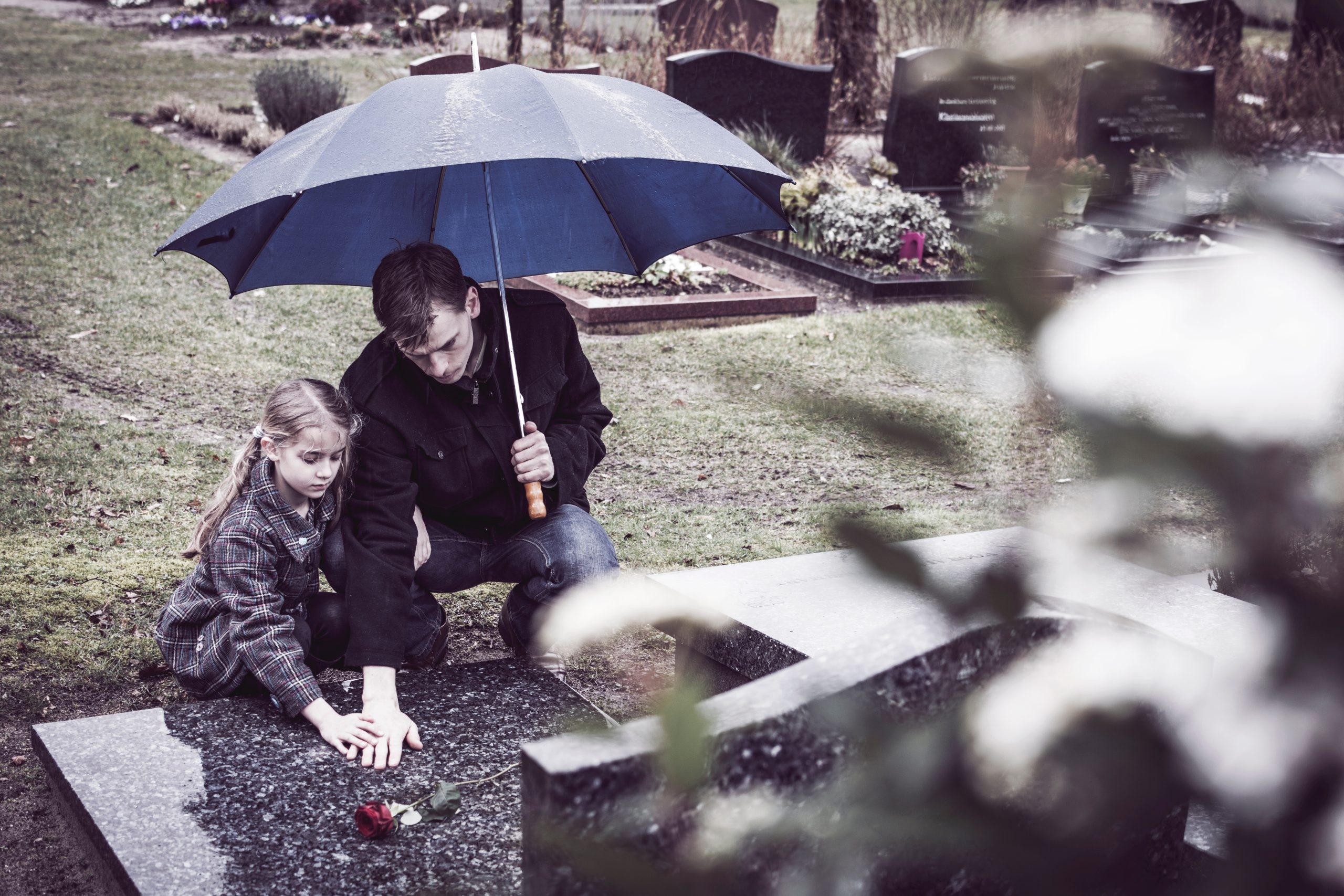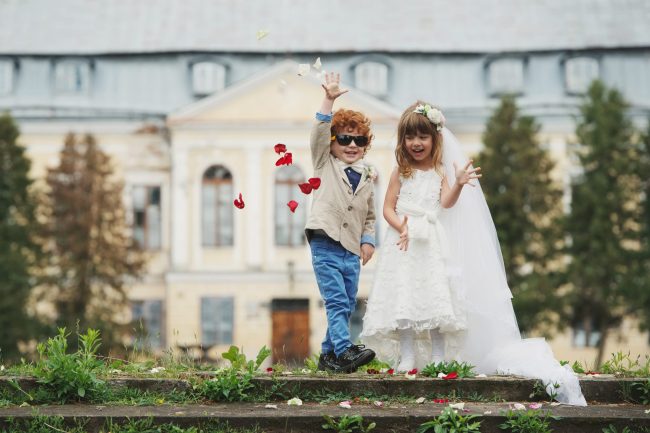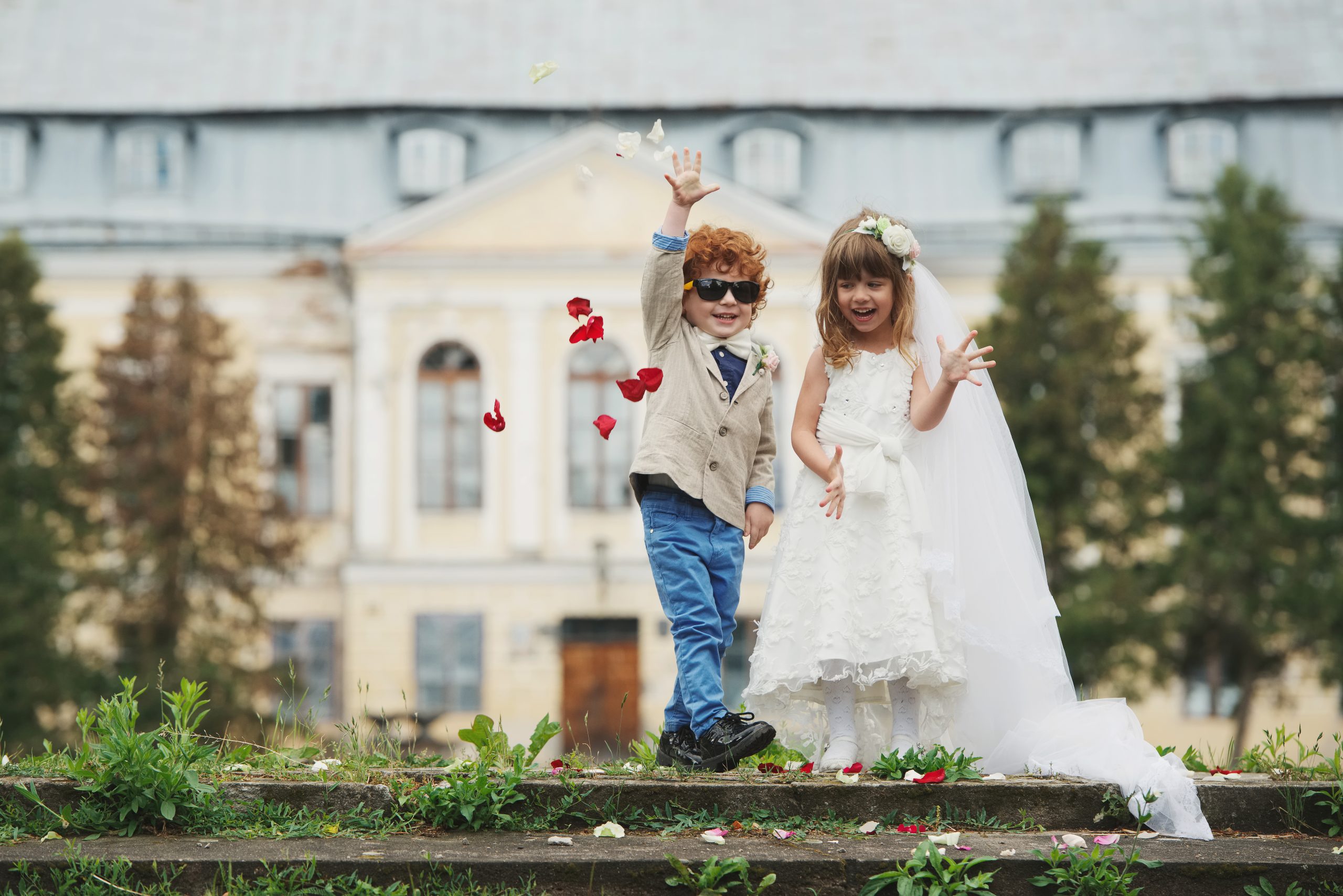Weddings and funerals are two of life’s most significant events, often marked by love, reflection, and togetherness. These occasions bring families and friends together, but the question of whether kids should attend remains a topic of debate. While some argue that children bring charm and innocence to these gatherings, others worry about disruptions during solemn or special moments. Parents often find themselves torn between including their little ones or leaving them at home. Let’s explore the pros and cons of having kids at weddings and funerals to help you decide what’s best for your family and the occasion.
Why Kids at Weddings Can Be Adorable
Children bring a unique charm to weddings, often stealing the spotlight with their cuteness. From flower girls and ring bearers to giggling toddlers on the dance floor, kids can add a touch of joy to the celebration. Their presence reminds guests of the innocence and happiness that weddings are meant to celebrate. For couples with close family ties, including children in the ceremony can make the day even more meaningful. Having kids present at weddings can also make parents feel more comfortable, knowing their family is fully included in the special day.
The Potential Downsides of Kids at Weddings
While kids can add charm to weddings, they can also be a source of distraction. Young children may struggle to sit still during lengthy ceremonies, causing disruptions with crying or fidgeting. Unpredictable behavior, like running around or loud outbursts, can draw attention away from the couple’s special moments. Parents might find themselves stressed, unable to fully enjoy the celebration as they manage their child’s needs. For formal weddings, the presence of children can sometimes clash with the desired tone of elegance and sophistication.
Why Some Families Choose to Include Kids at Funerals

Funerals are deeply emotional events, and including children can help them understand the importance of saying goodbye. Allowing kids to attend can teach them about grief, empathy, and the value of family during difficult times. Children can also provide comfort to adults with their natural innocence and unfiltered expressions of love. Including kids at funerals can help them process the loss of a loved one in a supportive environment. For families with a strong sense of togetherness, excluding children might feel like leaving out an essential part of the family unit.
The Challenges of Bringing Kids to Funerals
Funerals are somber occasions that require a certain level of decorum, which can be difficult for young children to maintain. Crying, boredom, or restlessness can disrupt the solemnity of the event, potentially causing discomfort for other attendees. Explaining death and the emotional weight of a funeral to children can also be a complex and delicate task for parents. Additionally, parents may feel torn between grieving themselves and managing their child’s behavior during the service. For some, hiring a babysitter or leaving children at home may feel like a more practical choice.
Balancing the Decision: Factors to Consider
When deciding whether to bring kids to weddings or funerals, it’s essential to consider the type of event and the preferences of the hosts or organizers. For weddings, couples often specify whether they prefer an adults-only celebration or a family-friendly atmosphere. Funerals, on the other hand, may require you to evaluate whether your child is emotionally ready to handle the experience. Consider your child’s age, temperament, and ability to follow instructions when making your decision. Communicating with the event organizers can provide clarity and help you make a choice that respects everyone’s needs.
Tips for Including Kids Successfully
If you decide to bring children to a wedding or funeral, preparation is key to ensuring the experience goes smoothly. Pack a bag with snacks, quiet toys, or books to keep them entertained during quiet moments. For weddings, explain the significance of the ceremony and the importance of behaving respectfully. At funerals, be prepared to answer questions about death and emotions in an age-appropriate way. Additionally, having an exit strategy, such as sitting near the back for easy access to a quiet space, can help you manage unexpected situations.
Alternatives for Families
For parents who feel uncertain about bringing their kids, there are alternatives to consider. Babysitting services, whether at home or offered on-site at the event, can provide peace of mind. Some couples and funeral organizers hire childcare professionals to ensure young attendees are entertained in a separate space. If leaving children at home feels like the best option, take time to explain the significance of the event to them later. This ensures they feel included in family traditions without being present at the actual gathering.
Ultimately, respecting the preferences of the wedding couple or the family organizing a funeral is crucial. If the invitation specifies an adults-only event, it’s essential to honor that request without exception. For funerals, consult the immediate family to gauge whether children’s presence would be welcome. Understanding and accommodating these preferences shows thoughtfulness and respect. Remember, each family and event is unique, so flexibility and open communication are key to making the right decision.
The Takeaway
Whether kids at weddings and funerals are an adorable addition or a major distraction largely depends on the event, the family, and the child’s personality. Both options have their merits and challenges, and the decision often comes down to balancing respect for the occasion with the needs of your family. By considering all factors and preparing accordingly, you can make the best choice for any situation. Whether they’re spreading joy or learning about loss, children can play a meaningful role in life’s significant moments.

Latrice is a dedicated professional with a rich background in social work, complemented by an Associate Degree in the field. Her journey has been uniquely shaped by the rewarding experience of being a stay-at-home mom to her two children, aged 13 and 5. This role has not only been a testament to her commitment to family but has also provided her with invaluable life lessons and insights.
As a mother, Latrice has embraced the opportunity to educate her children on essential life skills, with a special focus on financial literacy, the nuances of life, and the importance of inner peace.





